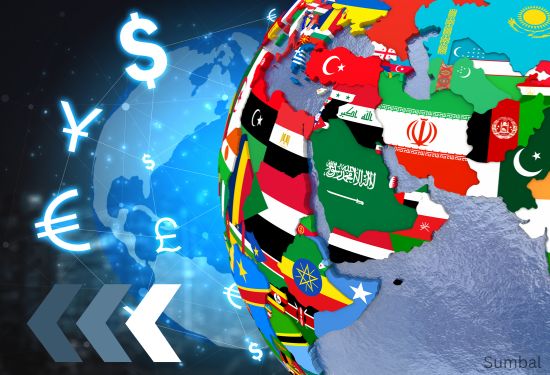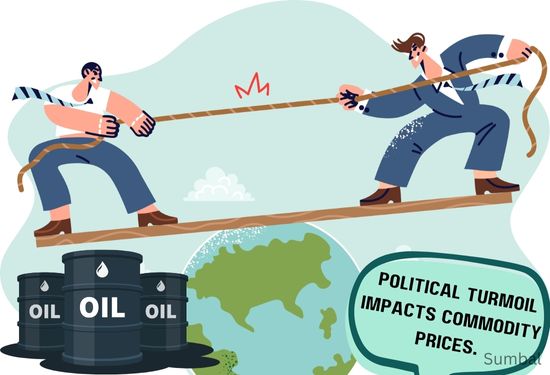The influence of political turmoil on global financial markets
Geopolitical events heavily influence global financial markets. Trade wars, political instabilities, diplomacy and natural disasters often bring about volatility, people losses and financial disruptions globally. Knowledge of these impacts is essential to investors and policymakers and, hence, the ability to make sound investment choices.

Market Fluctuation and Investor Emotions
Of all the social impacts, geopolitical events could significantly change the market. Nothing is more dear to financial markets than stability and predictability; once they are disrupted, uncertainty follows. For instance, conflicts between superpowers result in wild stock, bond, and currency fluctuations due to managing risk. Flights in stocks are common during rising geopolitical risks as investors move to haven in assets such as gold, government bonds or other safe-haven assets.
For instance, the 2022 Russia-Ukraine conflict witnessed steep volatility worldwide. Fluctuations in oil prices caused disruption in supplies, putting lots of pressure not only on manufacturing industries but also on the transportation industry. Likewise, the equity markets proved to be volatile as the situation emerged, and there was deep concern regarding the limitation of a conflict’s impact.

Impact on Currency Markets
Besides, a rise or a decline in global conflict usually has an unpredictable effect on the currency's value. Political instability that affects a country can result in low investor confidence, hence causing the currency to depreciate. On the other hand, safe-haven currencies may strengthen in the countries they are located in. The dollar, for example, tends to appreciate during global shocks due to its generally perceived safety in a crisis.
The trade relations between countries, such as the United States and China, also affect a currency. When the U.S. imposed trade barriers on China, the Chinese Yuan fell because investors expected low exports because the levies affected other Asian currencies that are pegged to the value of the Yuan. Transitions of such currencies significantly affect international trade, impacting export and import competitiveness due to exchange rate volatility.
Commodity Prices and Global Trade
Political factors have a great influence on the prices of commodities, specifically on items as basic as oil, gases, and metals. For example, the political development of some regions that contain oil resources poses supply issues, affecting oil prices. Rising energy costs impact companies around the world, translating into the rise of costs of production and, therefore, prices for final products.
Disruptions in the trade are other common tendencies related to geopolitical factors. Sanctions, tariffs and other prohibitions influence the nature of trade and interrupt supply chains. The US-China trade war, for example, resulted in penalties on hundreds of billions of dollars worth of electronics, agriculture, and other industries. This hurt enterprises relying on Chinese imports and the public by increasing expenses and decreasing product stock.

Economic Outcomes in the Long Term
Some effects of geopolitical factors on the financial markets are temporary, while others have long-lasting economic consequences. Long-term civil wars or prolonged instability crises discourage the international community from investing in the country, thereby slowing down economic upliftment and changing alliances. For instance, Brexit resulted in years of adjustment in the UK economy as many businesses and investors adjusted to the change in trading laws and policies.
(Writer:Laurro)




